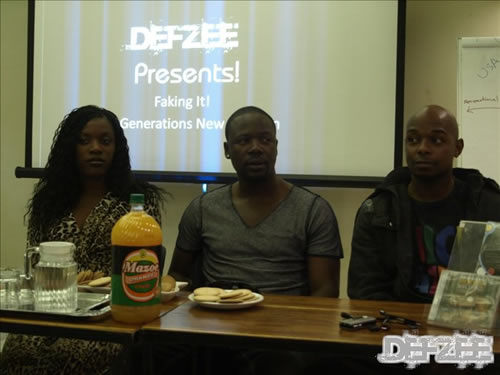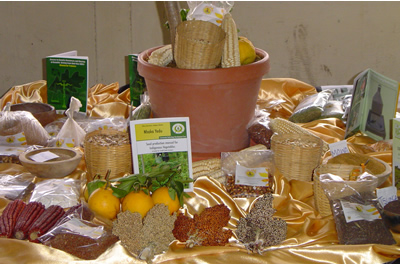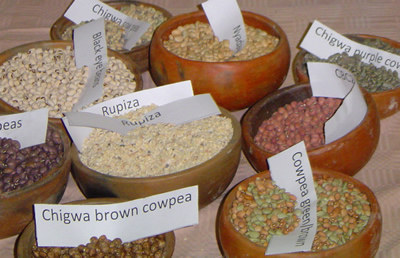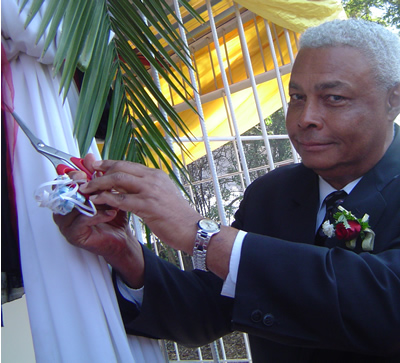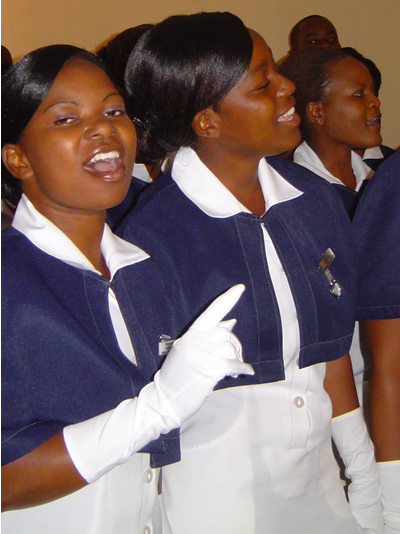Zimbabwe’s Electoral Amendment Bill
Thursday, August 4th, 2011 by Elizabeth NyamudaThe Parliament of Zimbabwe is attempting to make changes to the Electoral Act (Chapter 2:13). The Electoral Amendment Bill, 2011, currently before Parliament seeks to make several changes to the existing law with a view to promoting free and fair elections. Dr Alex Magaisa last week presented a lecture on the analysis of the Electoral Amendment Bill. This event was organised by Zimbabwe Election Support Network (ZESN).
Alex, who is a lecturer at the University of Kent in the Law School, broke the Bill into simple and edible modules for all to understand. Often these bills come in many pages, filled with legal terminology that will not be easily understood by the majority of citizens. Among other things, Dr Magaisa emphasised the need to remove deceased or absent voters from the voters roll. A report published earlier this year by SAIRR indicated that persons listed on the voters roll are questionable as some of them their ages go over 109 and many were all born surprisingly on the same day.
Dr Magaisa said that in the Bill there was a provision for a mechanism to allow for the removal of the dead, and those absent from the country. It does so by allowing the relatives of the deceased, or absent voter to require the Registrar’s Office to remove the persons upon proof. He said however that people need incentives to go forth and report.
For example in Mozambique they ran a campaign in which relatives that managed to inform the Electoral authorities of their deceased were given state assisted burials. Dr Magaisa put forward his own suggestion, which he deemed to be more practical in the Zimbabwean context. He said that the Registrar’s Office has records of deceased persons since it is a prerequisite for a burial order to be produced before one is buried.
In his words, “There should be a process of inter office exchange of information, so that upon notification of death to the Registrar General’s Office this information should be passed on to the Commission which will then effect the removal of the person”.
This is one of the many issues that need to be addressed to ensure credible elections in Zimbabwe.



